Criminal Justice & Penalty Enhancement

Signal jammers.
Establishes a new Penal Code offense for signal jammers without FCC authorization. Imposes first-offense infraction up to $500; second-offense is a misdemeanor. Allows forfeiture of the signal jamming device upon conviction. Exempts authorized law enforcement use from penalties.
Signal jammers.

Establishes a new Penal Code offense for signal jammers without FCC authorization. Imposes first-offense infraction up to $500; second-offense is a misdemeanor. Allows forfeiture of the signal jamming device upon conviction. Exempts authorized law enforcement use from penalties.
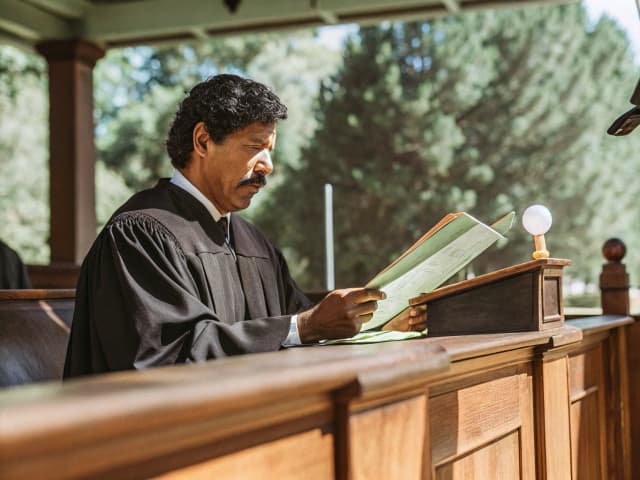
Self-defense.
Expands self-defense rights by allowing preemptive action against reasonably perceived threats of bodily harm. Protects individuals from civil lawsuits when using proportional force in self-defense situations. Prohibits courts from considering a person's fighting skills or training when evaluating self-defense actions. Requires defensive actions to stop immediately when the threat is no longer present.
Self-defense.

Expands self-defense rights by allowing preemptive action against reasonably perceived threats of bodily harm. Protects individuals from civil lawsuits when using proportional force in self-defense situations. Prohibits courts from considering a person's fighting skills or training when evaluating self-defense actions. Requires defensive actions to stop immediately when the threat is no longer present.

Department of Justice: online missing person registry.
Establishes a new electronic database for the public to report and search for missing children, including immigrants. Provides anonymous reporting features to protect individuals from immigration enforcement concerns. Requires free DNA testing for parents when reuniting with found children to confirm parentage. Mandates firewall protections to prevent unauthorized sharing of sensitive database information.
Department of Justice: online missing person registry.

Establishes a new electronic database for the public to report and search for missing children, including immigrants. Provides anonymous reporting features to protect individuals from immigration enforcement concerns. Requires free DNA testing for parents when reuniting with found children to confirm parentage. Mandates firewall protections to prevent unauthorized sharing of sensitive database information.
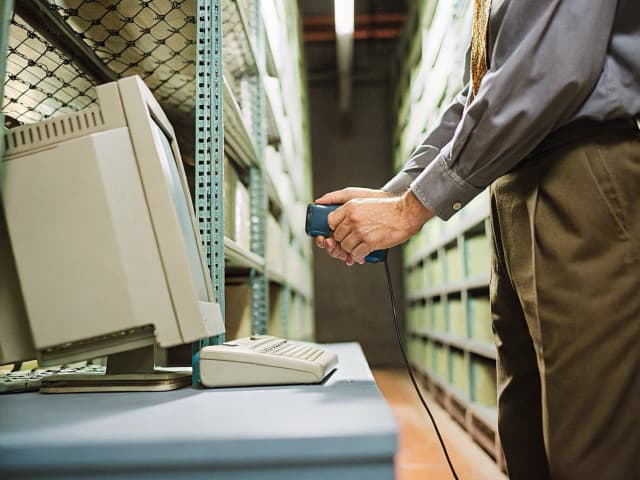
Stolen or embezzled property: description.
Makes technical changes to allow property records of stolen items to be stored in computer databases.
Stolen or embezzled property: description.

Makes technical changes to allow property records of stolen items to be stored in computer databases.

Parties to crime.
Makes technical changes to provisions classifying parties involved in criminal offenses.
Parties to crime.

Makes technical changes to provisions classifying parties involved in criminal offenses.
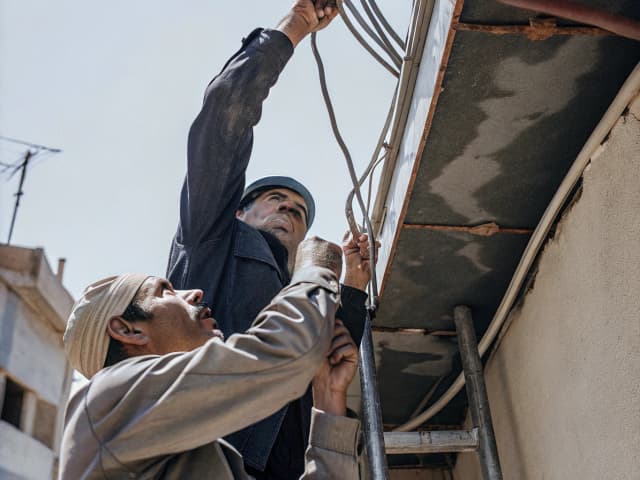
Copper theft.
Establishes new penalties for unlawful possession of copper materials valued over $950. Requires metal dealers to document seller information and material source location for all copper purchases. Imposes fines up to $10,000 for falsifying copper possession records. Creates stricter regulations for salvage dealers handling public utility equipment and materials.
Copper theft.

Establishes new penalties for unlawful possession of copper materials valued over $950. Requires metal dealers to document seller information and material source location for all copper purchases. Imposes fines up to $10,000 for falsifying copper possession records. Creates stricter regulations for salvage dealers handling public utility equipment and materials.
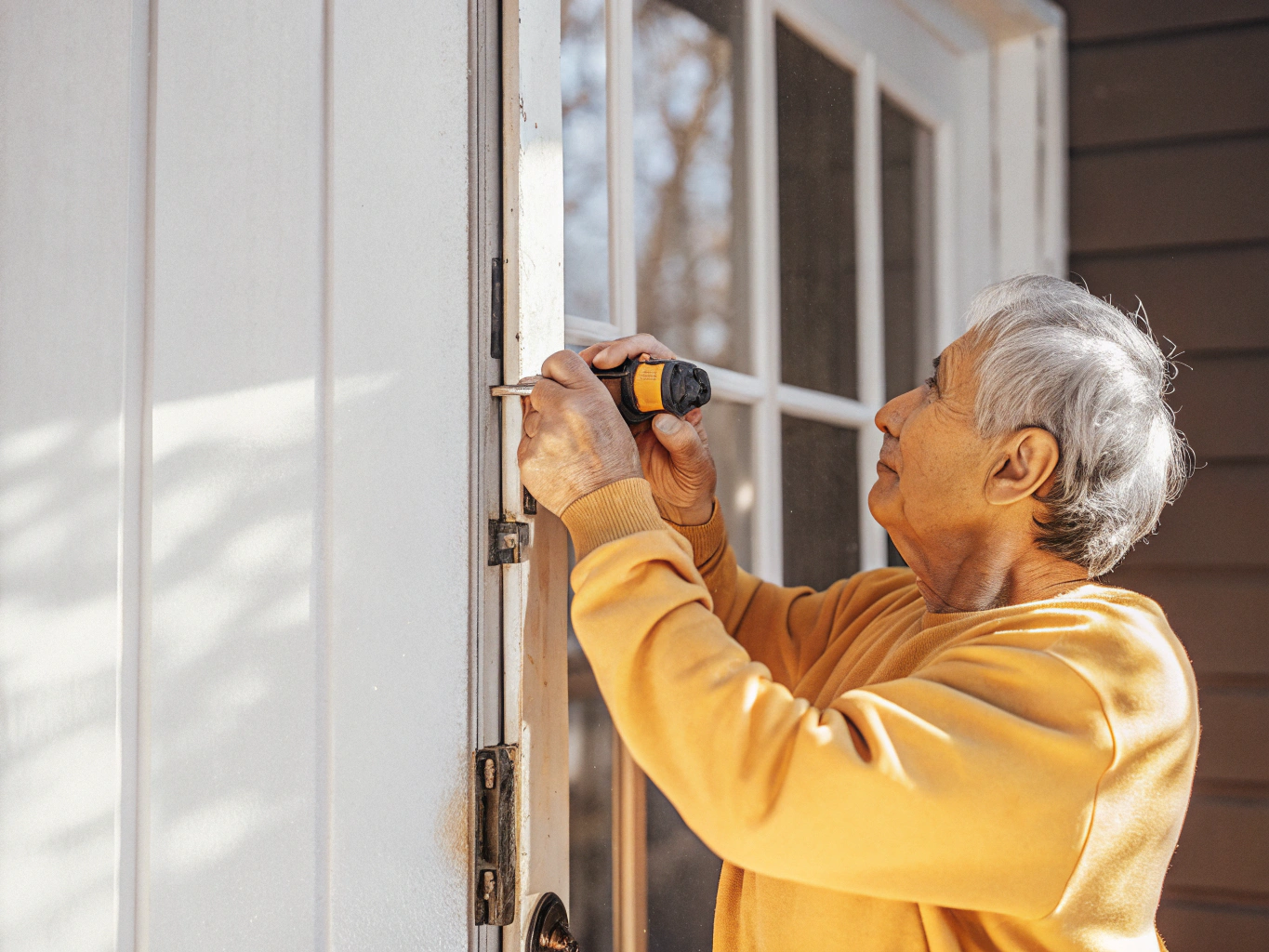
Fleeing the scene of an accident.
Eliminates the statute of limitations for hit-and-run accidents causing death or serious injury after January 2026. Allows prosecutors to file charges at any time after a suspect is identified in fatal hit-and-run cases. Replaces the current 6-year limit for prosecuting hit-and-run cases with permanent prosecution authority.
Fleeing the scene of an accident.

Eliminates the statute of limitations for hit-and-run accidents causing death or serious injury after January 2026. Allows prosecutors to file charges at any time after a suspect is identified in fatal hit-and-run cases. Replaces the current 6-year limit for prosecuting hit-and-run cases with permanent prosecution authority.

Emergencies: crimes.
Expands penalties for emergencies with impersonation enhancements and new offenses targeting looting. Adds a standalone offense prohibiting impersonating first responders during evacuations and online. Authorizes a sentencing enhancement for looting if impersonation is proven. Operative only if AB 468 takes effect by Jan 1, 2026; thresholds prospective; inflation review in 5 years; 2029 sunset.
Emergencies: crimes.

Expands penalties for emergencies with impersonation enhancements and new offenses targeting looting. Adds a standalone offense prohibiting impersonating first responders during evacuations and online. Authorizes a sentencing enhancement for looting if impersonation is proven. Operative only if AB 468 takes effect by Jan 1, 2026; thresholds prospective; inflation review in 5 years; 2029 sunset.

Sentencing: dismissal of enhancements.
Restricts courts from automatically dismissing firearm-related sentencing enhancements in criminal cases. Allows judges to dismiss firearm enhancements only through their general dismissal authority after careful review. Requires courts to consider specific factors like mental illness and childhood trauma when evaluating dismissals. Maintains additional prison terms of 10-25 years for using firearms in serious felonies.
Sentencing: dismissal of enhancements.

Restricts courts from automatically dismissing firearm-related sentencing enhancements in criminal cases. Allows judges to dismiss firearm enhancements only through their general dismissal authority after careful review. Requires courts to consider specific factors like mental illness and childhood trauma when evaluating dismissals. Maintains additional prison terms of 10-25 years for using firearms in serious felonies.
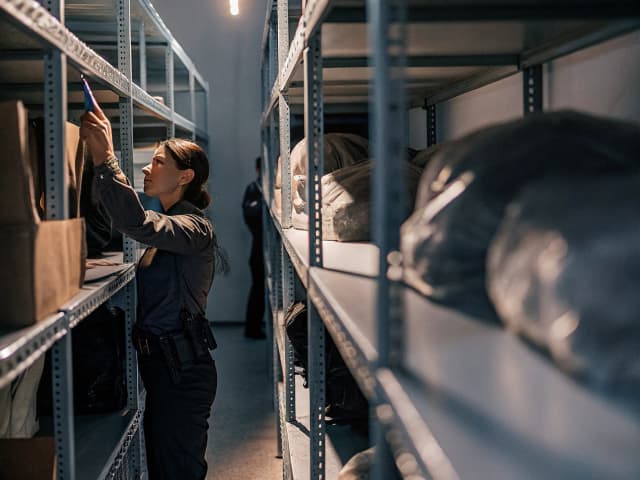
Criminal procedure: search warrants.
Establishes new procedures for returning seized currency to lawful owners through court-supervised hearings. Requires law enforcement to prove stolen or embezzled status of seized currency before returning it to owners. Mandates a 30-day window for individuals to contest currency seizures through court hearings. Requires agencies to notify prosecutors 10 days before returning seized currency to owners.
Criminal procedure: search warrants.

Establishes new procedures for returning seized currency to lawful owners through court-supervised hearings. Requires law enforcement to prove stolen or embezzled status of seized currency before returning it to owners. Mandates a 30-day window for individuals to contest currency seizures through court hearings. Requires agencies to notify prosecutors 10 days before returning seized currency to owners.

Victim compensation.
Expands victim compensation eligibility by removing requirements for police reports and law enforcement cooperation. Authorizes the Victim Compensation Board to accept medical records and advocate statements as evidence of crimes. Reduces the maximum compensation for derivative victims from $100,000 to $70,000. Streamlines income loss verification by accepting alternative evidence beyond official employment documents.
Victim compensation.

Expands victim compensation eligibility by removing requirements for police reports and law enforcement cooperation. Authorizes the Victim Compensation Board to accept medical records and advocate statements as evidence of crimes. Reduces the maximum compensation for derivative victims from $100,000 to $70,000. Streamlines income loss verification by accepting alternative evidence beyond official employment documents.

Peace officers: confidentiality of records.
Expands access to confidential peace-officer records for civilian oversight during investigations. Authorizes subpoenas by oversight boards and inspectors general to compel records. Mandates confidentiality with redactions and closed sessions for review. Ties operative provisions to companion bills with sequencing conditions.
Peace officers: confidentiality of records.

Expands access to confidential peace-officer records for civilian oversight during investigations. Authorizes subpoenas by oversight boards and inspectors general to compel records. Mandates confidentiality with redactions and closed sessions for review. Ties operative provisions to companion bills with sequencing conditions.

Theft of a gift card.
Establishes new criminal penalties for gift card theft, fraud, and forgery in California. Classifies theft of gift cards valued over $950 as grand theft, punishable as a felony. Criminalizes fraudulent schemes to obtain gift cards through false pretenses or misrepresentation. Applies to both physical and digital gift cards, including single-store and multi-merchant cards.
Theft of a gift card.

Establishes new criminal penalties for gift card theft, fraud, and forgery in California. Classifies theft of gift cards valued over $950 as grand theft, punishable as a felony. Criminalizes fraudulent schemes to obtain gift cards through false pretenses or misrepresentation. Applies to both physical and digital gift cards, including single-store and multi-merchant cards.

Criminal procedure: indigent defense compensation.
Reforms indigent defense contracts to ensure effective legal representation for low-income defendants by 2027. Prohibits flat-fee payment arrangements for court-appointed attorneys to prevent conflicts of interest. Requires counties to provide separate funding for defense services like investigators and social workers. Mandates biennial contract reviews by the State Public Defender's Office to ensure compliance.
Criminal procedure: indigent defense compensation.

Reforms indigent defense contracts to ensure effective legal representation for low-income defendants by 2027. Prohibits flat-fee payment arrangements for court-appointed attorneys to prevent conflicts of interest. Requires counties to provide separate funding for defense services like investigators and social workers. Mandates biennial contract reviews by the State Public Defender's Office to ensure compliance.
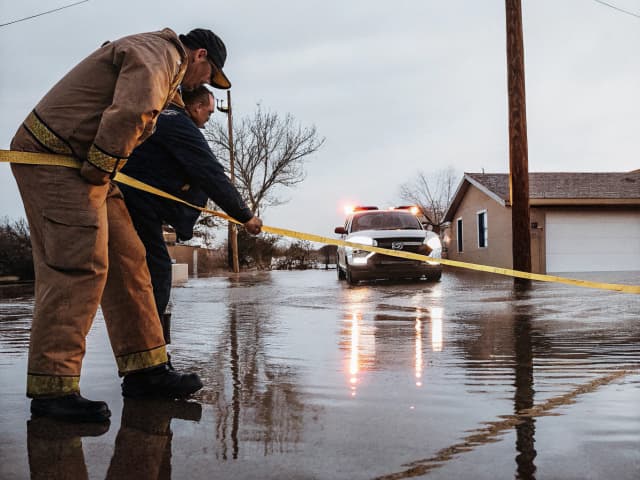
Child abuse: mandated reporters: talent agents, managers, and coaches.
Adds talent agents, managers, and coaches serving minors to mandated reporters. Maintains the misdemeanor penalty for failing to report up to 6 months in jail or $1,000. Allows mandated reporters to satisfy training via the general online course. Becomes operative only if companion bills pass, with private school training by 2026.
Child abuse: mandated reporters: talent agents, managers, and coaches.

Adds talent agents, managers, and coaches serving minors to mandated reporters. Maintains the misdemeanor penalty for failing to report up to 6 months in jail or $1,000. Allows mandated reporters to satisfy training via the general online course. Becomes operative only if companion bills pass, with private school training by 2026.

Cellular telephones: communications interceptions.
Prohibits manufacturing or selling devices designed to intercept cellular and cordless phone communications. Imposes fines up to $2,500 and jail time for first offenses, with increased penalties for repeat violations. Exempts law enforcement agencies and utility companies from these restrictions.
Cellular telephones: communications interceptions.

Prohibits manufacturing or selling devices designed to intercept cellular and cordless phone communications. Imposes fines up to $2,500 and jail time for first offenses, with increased penalties for repeat violations. Exempts law enforcement agencies and utility companies from these restrictions.

Criminal justice statistics: reporting.
Requires the Department of Justice to publish detailed criminal justice statistics on drug and theft convictions by 2026. Mandates counties to report annual spending on sheriff, probation, and court activities starting January 2026. Requires courts to track and report demographic data on drug-related diversion programs and outcomes. Creates a public database of criminal justice statistics and county expenditures by January 2027.
Criminal justice statistics: reporting.

Requires the Department of Justice to publish detailed criminal justice statistics on drug and theft convictions by 2026. Mandates counties to report annual spending on sheriff, probation, and court activities starting January 2026. Requires courts to track and report demographic data on drug-related diversion programs and outcomes. Creates a public database of criminal justice statistics and county expenditures by January 2027.

Crimes: impersonation of first responders.
Undeveloped "intent bill" that aims to increase penalties for impersonating first responders during emergencies.
Crimes: impersonation of first responders.

Undeveloped "intent bill" that aims to increase penalties for impersonating first responders during emergencies.

Crimes: looting.
Expands looting to apply within evacuation zones with harsher penalties. Defines evacuation orders and zones, including dwellings damaged in disasters. Operates only if SB 571 passes by Jan 1, 2026. Requires no reimbursement for local agencies.
Crimes: looting.

Expands looting to apply within evacuation zones with harsher penalties. Defines evacuation orders and zones, including dwellings damaged in disasters. Operates only if SB 571 passes by Jan 1, 2026. Requires no reimbursement for local agencies.
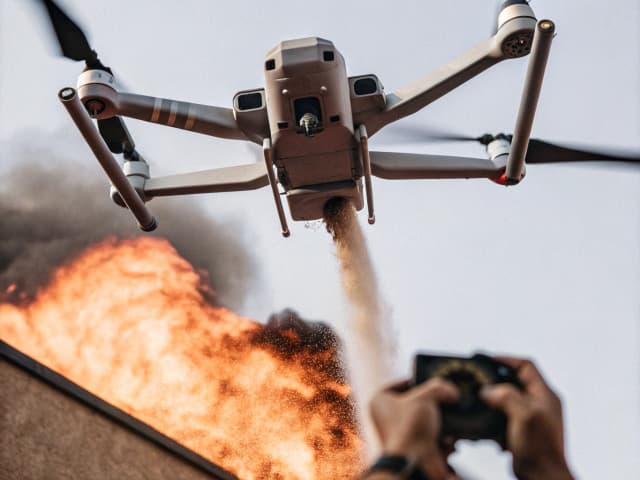
Impeding emergency response with drone.
Prohibits drone operation at emergency scenes that impedes first responders and emergency personnel. Authorizes civil penalties up to $75,000 per violation for interfering with emergency response. Allows the Attorney General and local attorneys to pursue civil enforcement actions. Exempts drone operators who hold federal operational waivers from these restrictions.
Impeding emergency response with drone.

Prohibits drone operation at emergency scenes that impedes first responders and emergency personnel. Authorizes civil penalties up to $75,000 per violation for interfering with emergency response. Allows the Attorney General and local attorneys to pursue civil enforcement actions. Exempts drone operators who hold federal operational waivers from these restrictions.

Crimes: looting.
Increases penalties for looting during emergencies and natural disasters from a misdemeanor to a felony. Requires minimum 180-day jail sentence for grand theft looting cases when probation is granted. Mandates up to 240 hours of community service for those convicted of looting during emergencies.
Crimes: looting.

Increases penalties for looting during emergencies and natural disasters from a misdemeanor to a felony. Requires minimum 180-day jail sentence for grand theft looting cases when probation is granted. Mandates up to 240 hours of community service for those convicted of looting during emergencies.
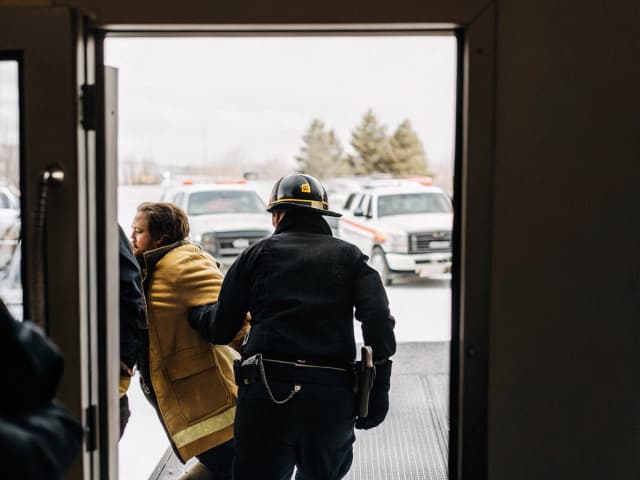
Impersonation of a peace officer or firefighter during a state of emergency or local emergency.
Establishes felony penalties for impersonating peace officers or firefighters during emergencies. Requires uniform vendors to verify buyer authorization before selling law enforcement or firefighter uniforms. Mandates clear identification markings on badges issued to honorably retired peace officers.
Impersonation of a peace officer or firefighter during a state of emergency or local emergency.

Establishes felony penalties for impersonating peace officers or firefighters during emergencies. Requires uniform vendors to verify buyer authorization before selling law enforcement or firefighter uniforms. Mandates clear identification markings on badges issued to honorably retired peace officers.

Unmanned aircraft.
Requires insurers to notify homeowners 30 days before using drones to inspect their property. Establishes $1,000 fines for operating drones near critical infrastructure or state buildings. Makes it a misdemeanor to use drones over schools to surveil or threaten safety. Mandates insurers give homeowners 120 days to fix issues found during drone inspections before canceling coverage.
Unmanned aircraft.

Requires insurers to notify homeowners 30 days before using drones to inspect their property. Establishes $1,000 fines for operating drones near critical infrastructure or state buildings. Makes it a misdemeanor to use drones over schools to surveil or threaten safety. Mandates insurers give homeowners 120 days to fix issues found during drone inspections before canceling coverage.
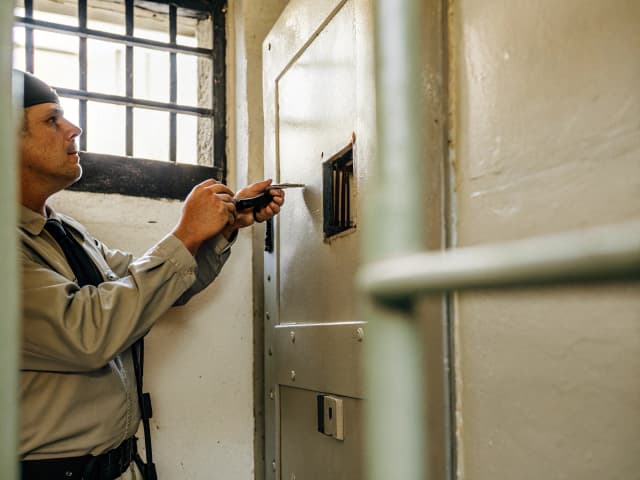
Crimes: prostitution.
Establishes a new grant program to fund community organizations supporting sex trafficking victims. Increases penalties for hotels that fail to report known sex trafficking activities on their premises. Creates a Survivor Support Fund from fines collected from trafficking-related violations. Requires district attorneys to use vertical prosecution methods for human trafficking cases.
Crimes: prostitution.

Establishes a new grant program to fund community organizations supporting sex trafficking victims. Increases penalties for hotels that fail to report known sex trafficking activities on their premises. Creates a Survivor Support Fund from fines collected from trafficking-related violations. Requires district attorneys to use vertical prosecution methods for human trafficking cases.
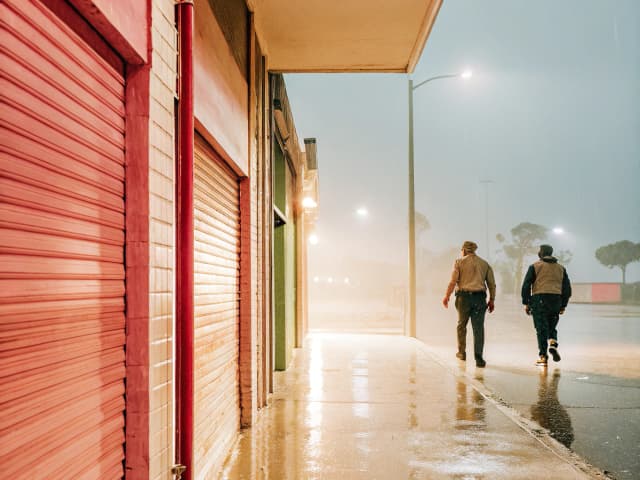
Commission on Peace Officer Standards and Training.
Requires background checks for POST employees accessing criminal justice records and databases. Expands POST's authority to access and review criminal records for officer misconduct investigations. Mandates law enforcement agencies report officer misconduct and employment changes within 10 days. Establishes procedures for investigating and revoking peace officer certifications for serious misconduct.
Commission on Peace Officer Standards and Training.

Requires background checks for POST employees accessing criminal justice records and databases. Expands POST's authority to access and review criminal records for officer misconduct investigations. Mandates law enforcement agencies report officer misconduct and employment changes within 10 days. Establishes procedures for investigating and revoking peace officer certifications for serious misconduct.